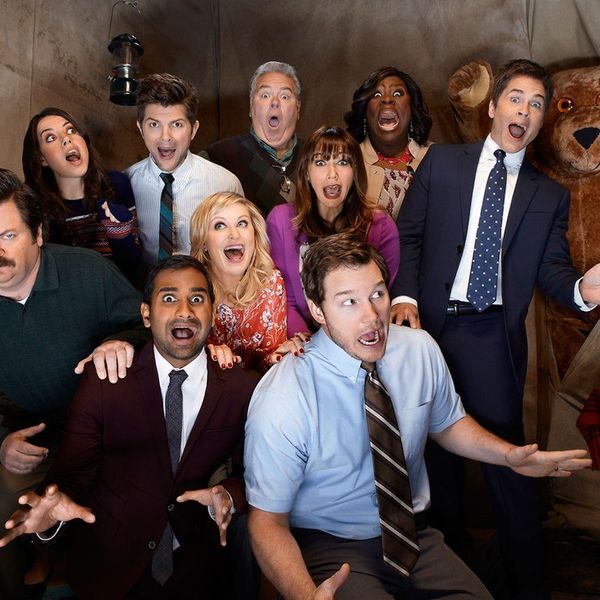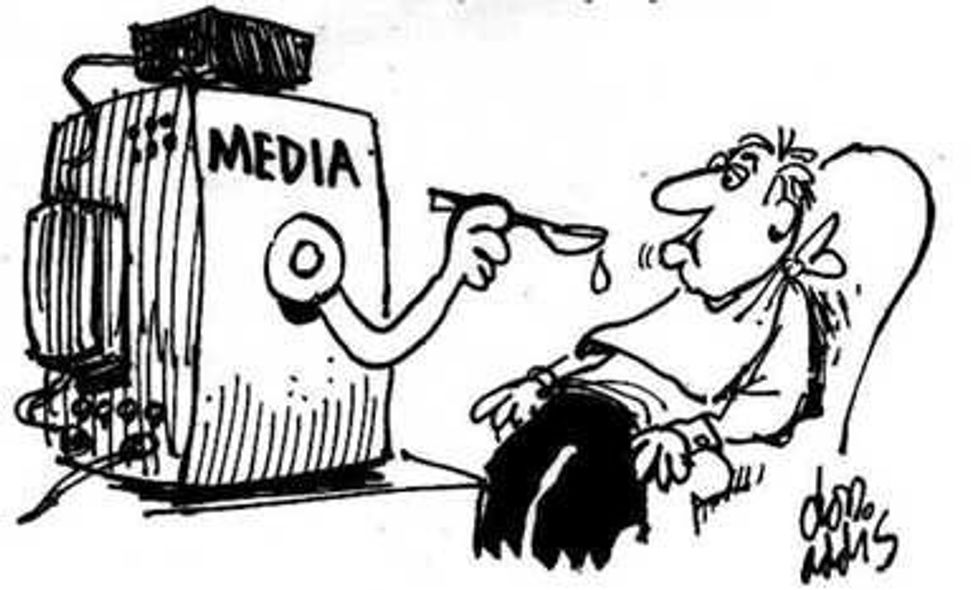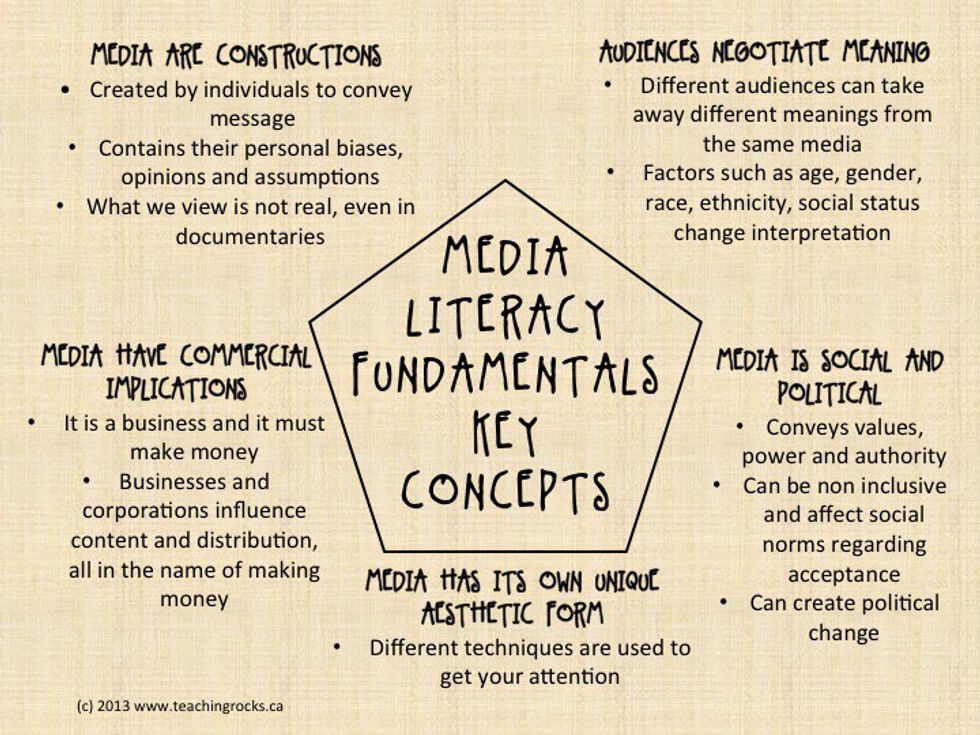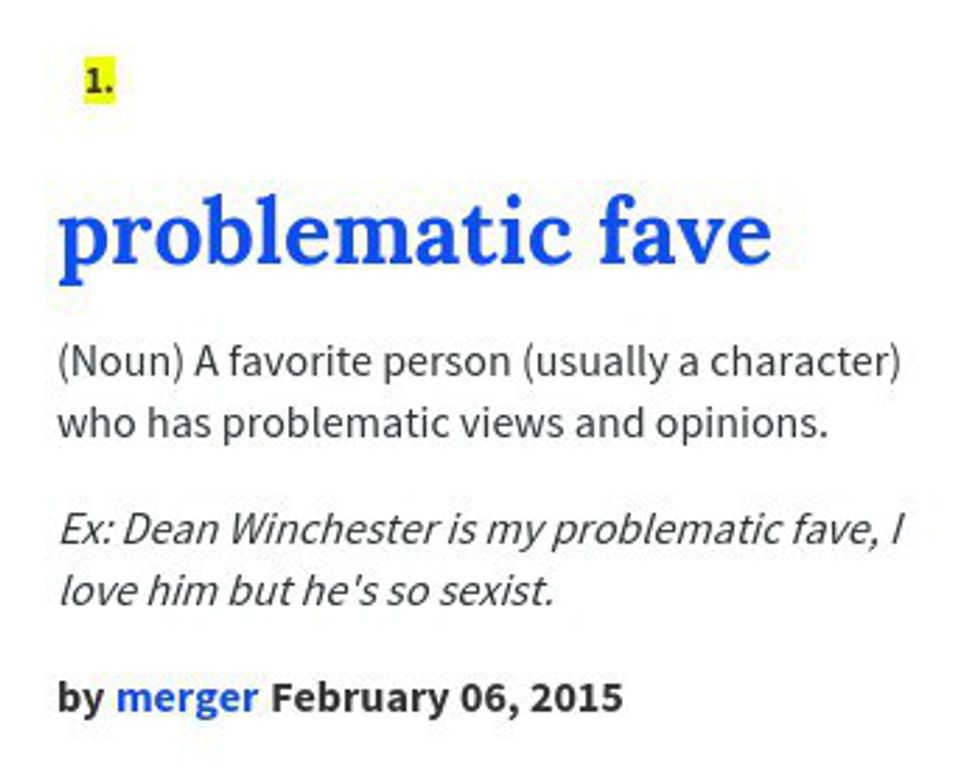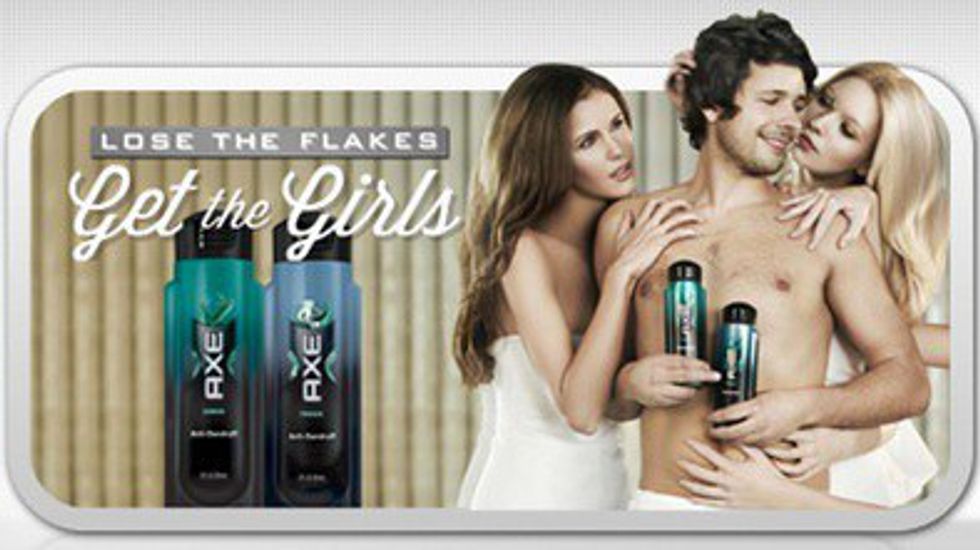We are in an age of constant media consumption. You continuously consume media every day, whether you’re a bookworm, addicted to Netflix or even anti-technology. The average person is exposed to thousands advertisements each day, and many people now “media multitask,” which means using multiple media at once. (For example, when you’re tweeting while watching a TV show or listening to music while reading.) Media literacy is “the ability to access, analyze, evaluate and create media.” It means questioning and critiquing media rather than mindlessly consuming it. Be an active consumer of media, and you will enjoy media even more.
Media is persistently pervasive, and there’s no escape. Pick your poison; whether it’s books, social media, movies, magazines or even the newspaper, you are influenced by the media. No matter how strong you think you are, you are not immune, and thinking everyone except you is affected is called the third-person effect. For instance, the news and crime shows can make you believe the world is more dangerous than it actually is, and teen movies give you an idea of what prom is supposed to be like (I was disappointed too). Once you acknowledge this, you can start thinking critically.
Don’t be a passive consumer. Question what messages the media is trying to convey. Media always says something about a culture, intentionally or not, because it is a byproduct of it. For example, even if a news company tries to remain objective, there is limited space and a group of individuals must decide which stories are most important; they also choose the placement of stories and what information to tell. Even if your news source isn’t blatantly swayed to one side, you will think some issues are more important depending on the headlines. Agenda Setting Theory says that while the media (mostly) doesn’t tell you what to think, it tells you what to think about. One way to get more objective news is to get your news from multiple sources.
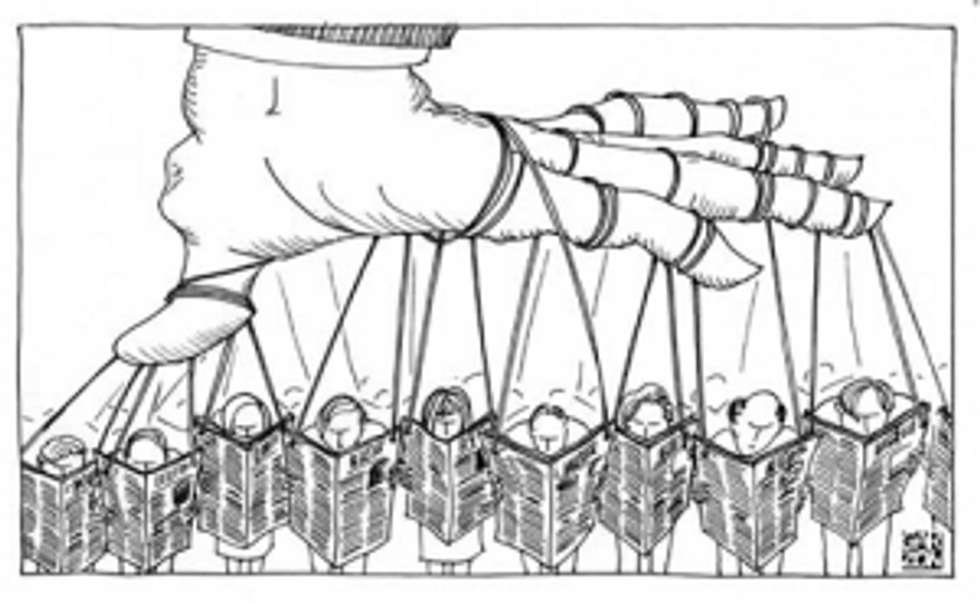
Or consider this ad for Axe. What does it say about masculinity and beauty standards? An ad doesn't have to be a PSA to get a message across.
Whenever you watch a TV show or listen to a song, you are consuming a singular viewpoint and formulated depictions of people. Makers of media content want an audience, so they meticulously craft messages they think will sell. When do certain archetypes become harmful? Do you have a certain view about something because of the depictions you have seen in media? There's no right or wrong answer, but start a conversation. Media is much more than pure entertainment, and critically evaluating media and their messages will give you a much stronger appreciation for it.

